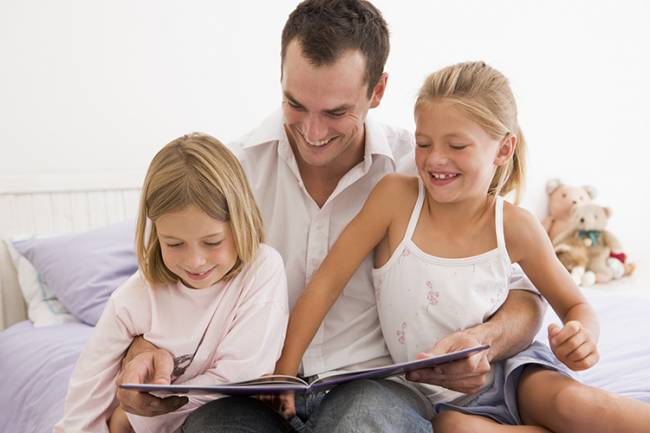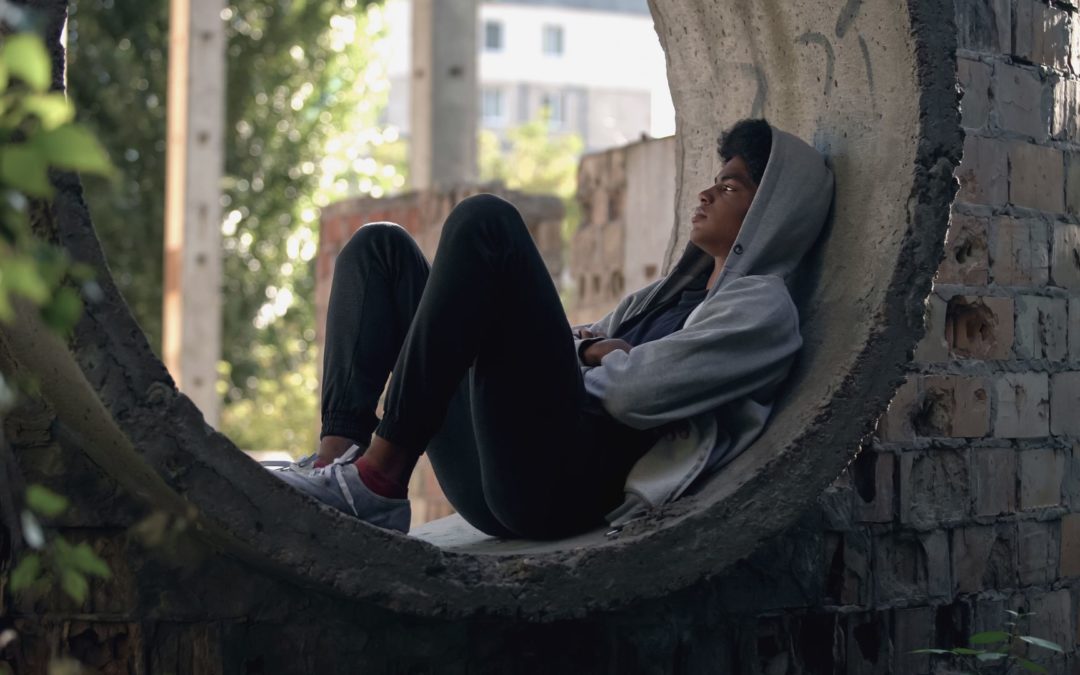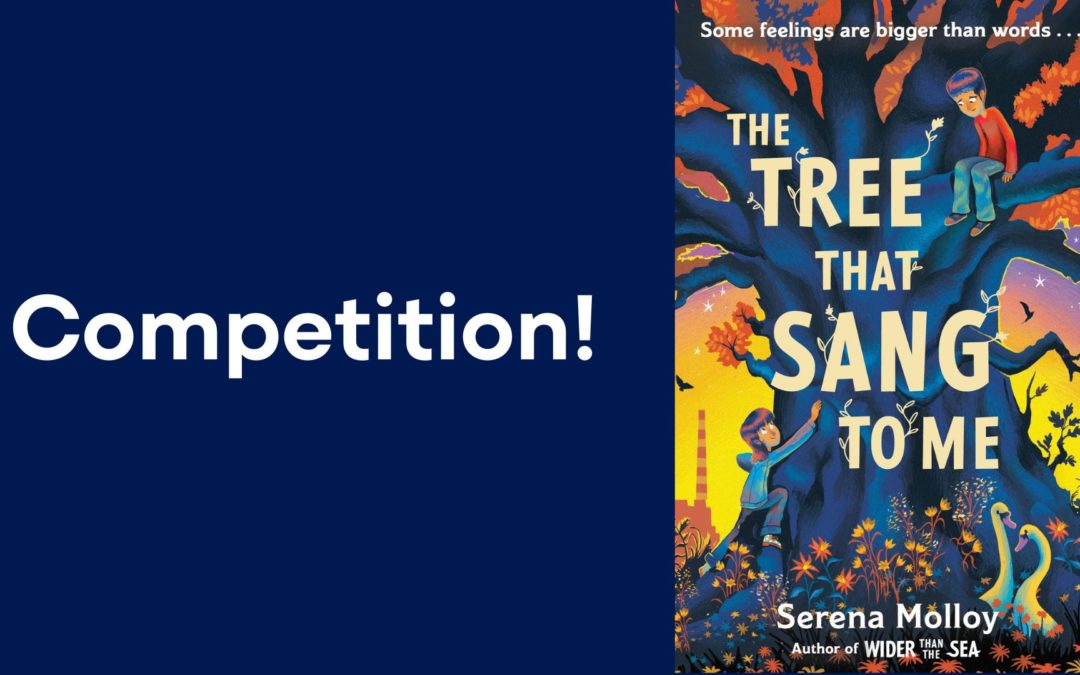Reading together is about more than just the written words

It’s official. My brood is bored of me telling them to: “Put their devices down and do something else!” It’s frustrating for both them and me but I don’t feel too guilty. After all, excessive screen time has been linked to all kinds of issues with children, including poor sleeping patterns.
Not long ago, I was worried about Kindles and the like. What if e-readers became the way children consumed books? After all reading is good, right? But is it still good if it’s on an electronic device? It was a dilemma I didn’t want to face.
It seems I needn’t have worried. According to Nielsen, e-books and book apps have simply not taken off for children. In fact, sales of children’s e-books are falling, whereas sales for children’s physical books are rising.

It’s a relief, to be honest. I’ve always felt that reading a book and reading online are very different experiences. I do read a lot online, especially for work, but when it comes to pleasure, I reach for a book or magazine.
I’m not alone. Nielsen tell us about three-quarters of all adults, teenagers and children prefer printed books to the digital version.
And have you ever tried reading stories to younger children on a tablet? It’s a nightmare! Children love to point and touch the pictures – and that plays havoc on a device!
Young children love being read to from books. There’s something about the necessity of being physically close to each other when reading a book together that creates a deep emotional connection.
The way you put your arm around your child, the way they snuggle in – it’s comforting and special. But what about when children grow up and become independent readers?
My middle daughter is nine and can often be found buried in a book. She sometimes gets stuck on the meaning of some words. Cue a shout of, “Dad, what does so-and-so mean?” Suggesting another book called a “dictionary” doesn’t go down well!
Anyhow, the truth is, she doesn’t need me to read to her anymore. That special time has gone… Or has it?
The other evening, after I had finished reading a bedtime story to her younger sister, I asked if she wanted me to read to her. A very definite “Yes” came in reply, which surprised me.
I continued reading from where she had stopped in her latest Jacqueline Wilson. As I read, she shuffled over, snuggled up and we had a magical 10-15 minutes together.
It turns out this is not unusual. In a recent talk I attended called Print Matters More, given by children’s publisher Egmont, the speaker explained that children up to 11 or 12 and even older still like being read to.
It helps make these older children feel secure and happy. For parents, reading to older children prompts feelings of nostalgia and of being a good and loving parent.
It’s been very well documented how reading to young children has multiple benefits. Now, we know it’s beneficial for older children, too.
Just as long as you’re not still trying to read them The Gruffalo when they’re teenagers!






